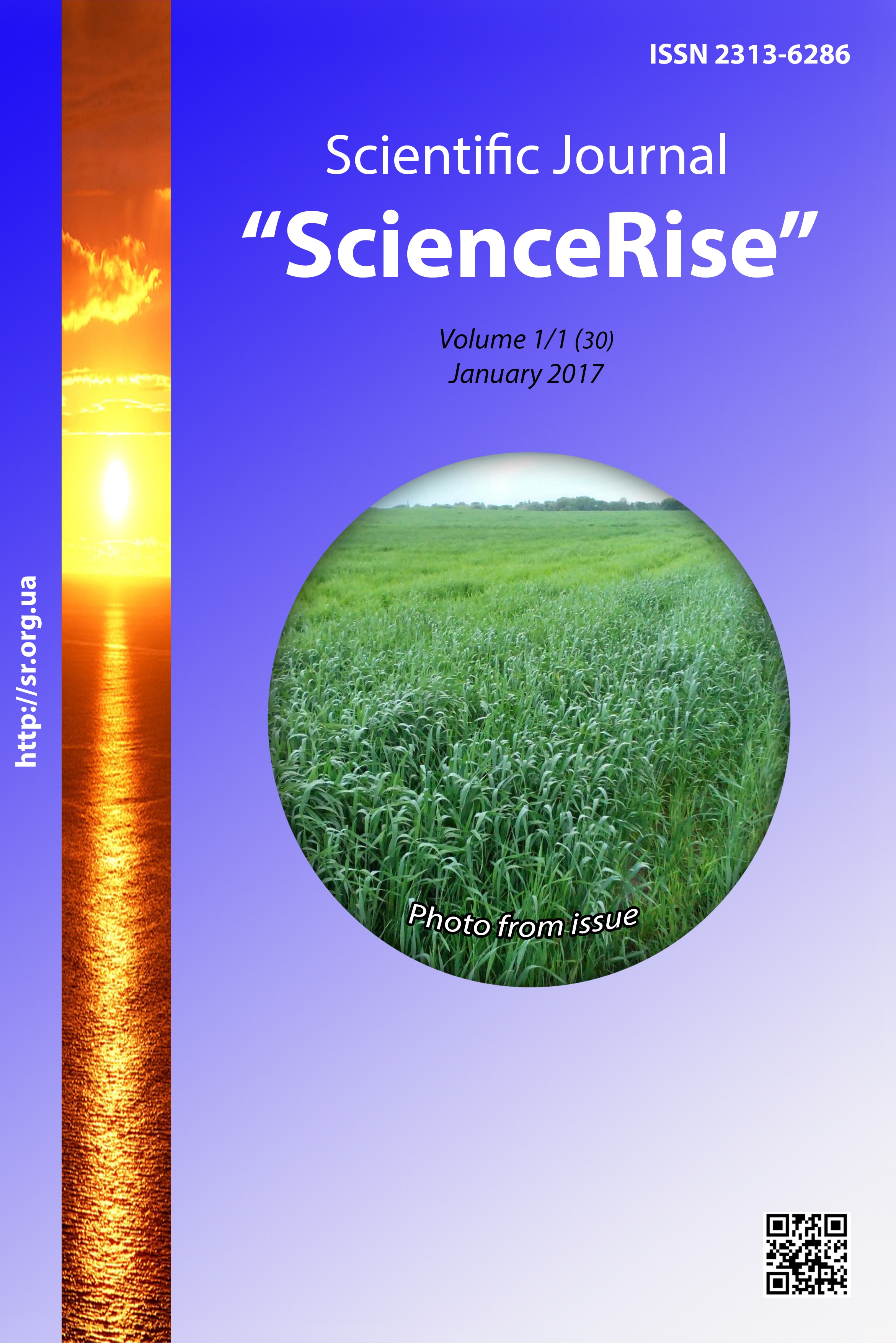Мислення як діяльність у вимірах смислу та інтерпретації: соціально-філософський аналіз
DOI :
https://doi.org/10.15587/2313-8416.2017.91142Mots-clés :
мислення, діяльність, смисл, смислопокладання, інтерпретація, пізнання, інтенційність, символіка, соціальна реальність, творчістьRésumé
Розглянуто проблему мислення в контексті духовного освоєння соціокультурної дійсності. Показано, що смисл і розуміння предмета пізнання в процесі інтерпретації набуває соціокультурного змісту. Проведено аналіз символічних форм соціальної реальності. Доведено, що існування людини не лише у фізичному, але і у соціальному аспекті створює об’єктивну необхідність в інтерпретитивній, тобто творчій мисленнєвій діяльності, спрямованій на символічний універсум
Références
Mamardashvili, M. K. (1992). Kak ja ponimaju filosofiju. Moscow: Progress, 416.
Shvyrev, V. S. (2001). O dejatel'nostnom podhode k istolkovaniju «fenomena cheloveka». Voprosy filosofii, 2, 107–115.
Gusserl, E. (2000). Logicheskie issledovanija. Kartezianskie razmyshlenija. Moscow: AST, 572.
Mikeshina, L. A. (2009). Filosofija poznanija. Moscow: Progress-Tradycyja, 465.
Kryms'kyy, S. B. (2003). Zapyty filosofs'kykh smysliv. Kyiv: Parapan, 240.
Krymskij, S. B. (2000). Filosofija kak put' chelovechnosti i nadezhdy. Moscow: Kurs, 380.
Bahtin, M. M. (1979). Estetika slovesnogo tvorchestva. Moscow: Iskusstvo, 423.
Majdanov, A. S. (2014). O smysle voobshhe i o smysle mifov osobenno. Opyt i smysl. Moscow: IFRAN, 203.
Kassirer, E. (2002). Filosofija simvolicheskih form. Saint Petersburg: Unyversytetskaja knyga, 280.
Gadamer, H.-G. (1988). Istina i metod. Osnovy filosofskoj germenevtiki. Moscow: Progress, 704.
Habermas, Ju. (1990). Poznanie i interes. Filosofija nauki, 1, 94.
Téléchargements
Publié-e
Numéro
Rubrique
Licence
(c) Tous droits réservés Наталія Володимирівна Іванова 2017

Cette œuvre est sous licence Creative Commons Attribution 4.0 International.
Our journal abides by the Creative Commons CC BY copyright rights and permissions for open access journals.
Authors, who are published in this journal, agree to the following conditions:
1. The authors reserve the right to authorship of the work and pass the first publication right of this work to the journal under the terms of a Creative Commons CC BY, which allows others to freely distribute the published research with the obligatory reference to the authors of the original work and the first publication of the work in this journal.
2. The authors have the right to conclude separate supplement agreements that relate to non-exclusive work distribution in the form in which it has been published by the journal (for example, to upload the work to the online storage of the journal or publish it as part of a monograph), provided that the reference to the first publication of the work in this journal is included.

